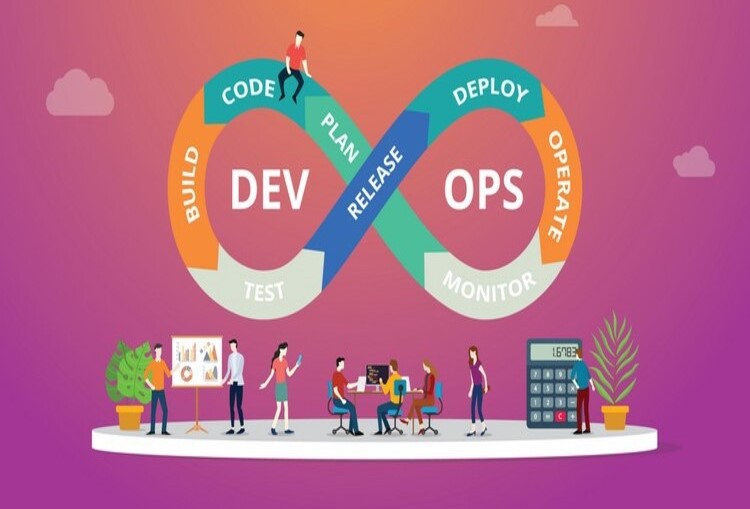DevOps Training is a comprehensive program that focuses on bringing together the development and operations teams in an organization to foster collaboration, streamline workflows, and accelerate software development and deployment cycles. The program provides participants with a deep understanding of the DevOps culture, principles, practices, and tools that are widely adopted in the industry.
The DevOps Training program covers a wide range of topics, including the fundamentals of DevOps, continuous integration and continuous delivery (CI/CD), version control, automated testing, deployment automation, configuration management, monitoring and logging, and more. The training is delivered through a combination of theoretical concepts, practical exercises, case studies, and real-world examples to provide participants with a holistic understanding of DevOps principles and practices.


